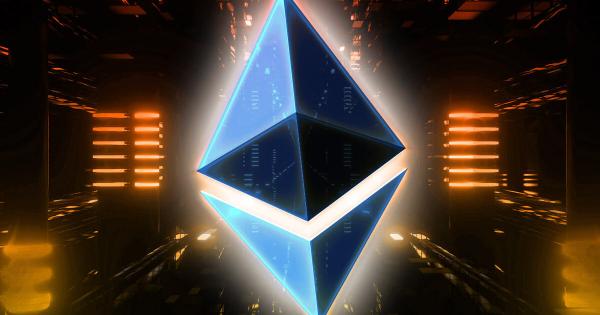Kakarot zkEVM, an Ethereum Virtual Machine (EVM) implemented in Cairo, announced on June 2 that it has closed its pre-seed funding round. The investors include Ethereum co-founder Vitalik Buterin, Ledger co-founder and VP of innovation Nicolas Bacca, and blockchain scaling firm Starkware, among others.
Cairo is a Turing-complete language associated with the CairoVM — Kakarot zkEVM is built on top of CairoVM. Kakarot zkEVM allows teams to create and launch applications that are compatible with the EVM.
Developers can create apps for Kakarot in the same way they would for Ethereum or Polygon by using the programming language Solidity or any other language that is compatible with the EVM. Once the apps are deployed, users can interact with them using the usual tools like Metamask or WalletConnect.
Kakarot uses STARK proofs for provable transactions and blocks, which ensure security and transparency. With validity proofs, Kakarot can leverage Ethereum’s security while ensuring low costs, the project said.
According to the project roadmap, Kakarot will be an EVM on the Starknet Layer 2 in its first phase. According to the team, bringing Kakarot zkEVM to Starknet will open the door to “a whole new range of possibilities” and expand the Starknet ecosystem.
In the next phase, Kakarot and Starknet’s Madara sequencer will be combined into a unified stack to enable Layer 3 zkEVMs. The team said integrating Kakarot and Madara will help teams deploy zkEVM app chains and settle transactions on Starknet with validity proofs. Expanding on the benefits of the integration, the team noted:
“As a result of computing on another layer, gas costs are (asymptotically) exponentially lower than on L2, and performance (TPS) is higher. The scalability of rollups stacks and multiplies.”
In the future, Kakarot aims to connect with native Starknet protocols and enable different protocols to work together.
The post Kakarot zkEVM secures backing from StarkWare, Vitalik Buterin in pre-seed round appeared first on CryptoSlate.





